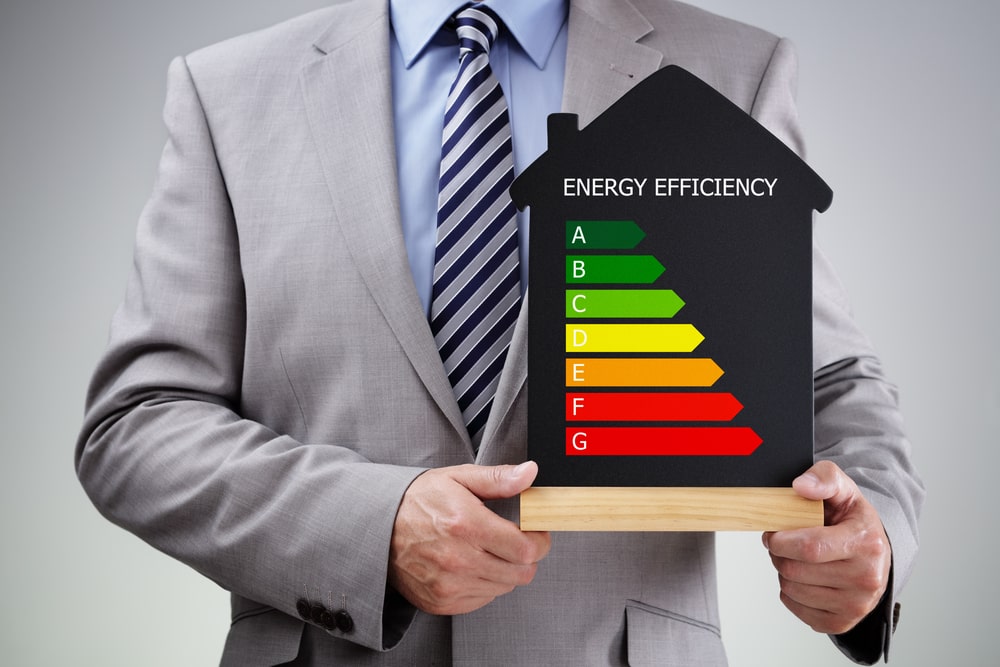Sector - Heating & Ventilation
£10M available for companies in low carbon heating invitation

The Scottish Government have created a £30M fund for businesses and technology companies to provide an innovative low carbon solution to household heating.
In accordance with the Low Carbon Infrastructure Transition Programme (LCITP), the Scottish Government are encouraging companies to develop technology and devise methods that will reduce the amount of carbon emissions which Scotland produces.
The programme is run in partnership with the Highlands and Islands Enterprise, Scottish Enterprise, Scottish Futures Trust, and various specialists in a the low carbon sector.
The most recent fund, named the ‘Scottish Low Carbon Heat Funding Invitation’, encourages companies to devise a solution to inefficient household heating by offering successful companies financial assistance for up to 50 per cent of the total eligible costs of a capital project, up to a maximum of £10M.
Scotland’s Energy Minister, Paul Wheelhouse stated: “It is estimated that Scotland’s homes are responsible for the emission of 6M tonnes of harmful carbon dioxide into our atmosphere every year, 15 per cent of all emissions.
“In order to meet Scotland’s ambitious proposed climate change targets, we estimate that nearly every Scottish home – unless already on a renewable heat supply – will need to have a change to its heating system by 2045, if not before.
“The Scottish Government is already making inroads to that target, by committing to ensuring that all new homes use renewable or low carbon heat by 2024, but we also want to create an environment where existing homes transition to renewable solutions as well.
“The problem is too big for the government to tackle on its own, so we are tapping into the significant expertise and talent that exists within Scotland – giving people the means to take the initiative and effect change through deployment of innovative, low carbon approaches to heating.
“By taking this approach we’re also supporting jobs, building skills, and ultimately creating end products with an environmental and social benefit.”
According to government research, 15 per cent of Scotland’s total carbon emissions, measuring at 900,000 tonnes of carbon dioxide, was produced by the residential sector in 2017.
If you would like to read more articles like this then please click here.
Related Articles
More Heating & Ventilation News
- Construction begins on UK’s first large-scale mine water heating project
19 Mar 25
A major breakthrough in sustainable construction is underway as work begins on a groundbreaking mine
- Warm homes heat boost
5 Dec 24
Up to 300,000 households will benefit from home upgrades in the next year, as the
- £1 billion to retrofit social housing
7 Nov 24
National Wealth Fund, Barclays UK Corporate Bank and Lloyds Banking Group join forces to unleash






